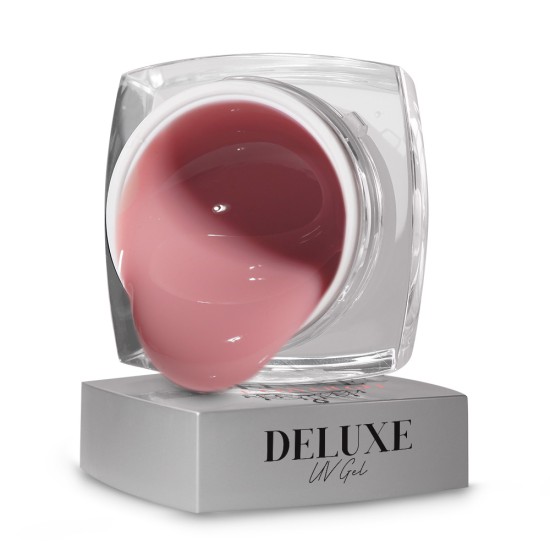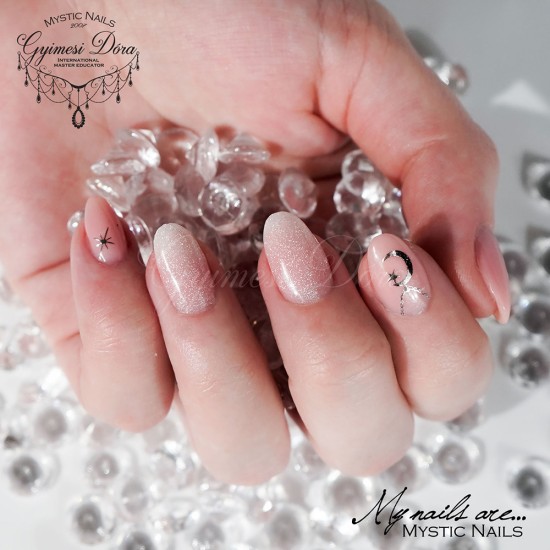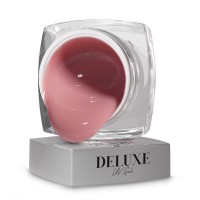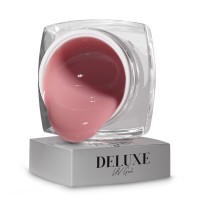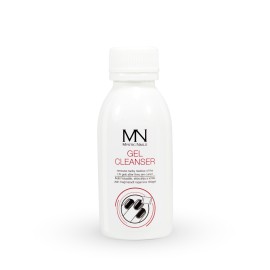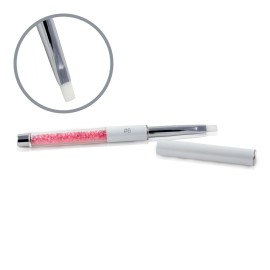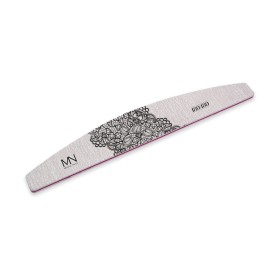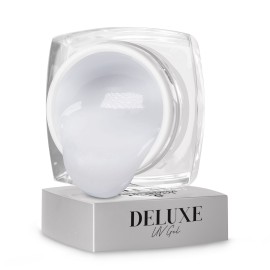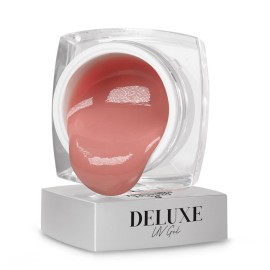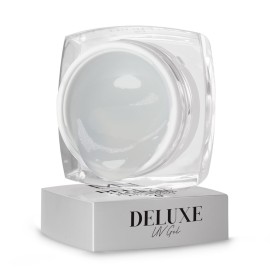Fiberglass is an extremely strong and durable material used in many industries, including nail art. Glass fiber consists of fine fibers made of silica and has excellent mechanical properties. In the nail industry, glass fiber is added to building gels to increase their durability and flexibility.
1. Durability and strength: fibreglass gels are extremely durable, resistant to everyday wear and tear. This is particularly important in the case of nails that are subjected to constant stress and wear, such as: physical work, office work (typing), nails with permanent problems.
2. Flexibility: glass fibers increase the flexibility of the gel, making the finished nails less prone to cracking or breaking. This is particularly useful when guests wear longer nails.
3 Stability: Fiberglass gels provide excellent stability, which helps to maintain the shape and texture of the nails, even after extended periods of time.
4. Flexibility: This is particularly beneficial in competitions where precise and accurate shaping is essential.
5. Homogeneity: Newer fiberglass products contain glass fibers with a smaller particle size, resulting in a more homogeneous material. This provides an even smoother surface and easier handling.
What is the difference between a smaller and a larger glass fibre? When should I use one or the other?
Larger grain glass fibers: These provide greater durability and strength, ideal for nails that are subjected to higher stress.
Smaller grain glass fibers: These produce a finer and more homogeneous material, allowing for a smoother surface and more precise work.
Fiberglass technology therefore offers a significant advantage in nail design, ensuring a durable, flexible and aesthetically pleasing result. By using fiberglass gels, nail technicians can easily increase the quality of their work and gain satisfied customers in the long term.

